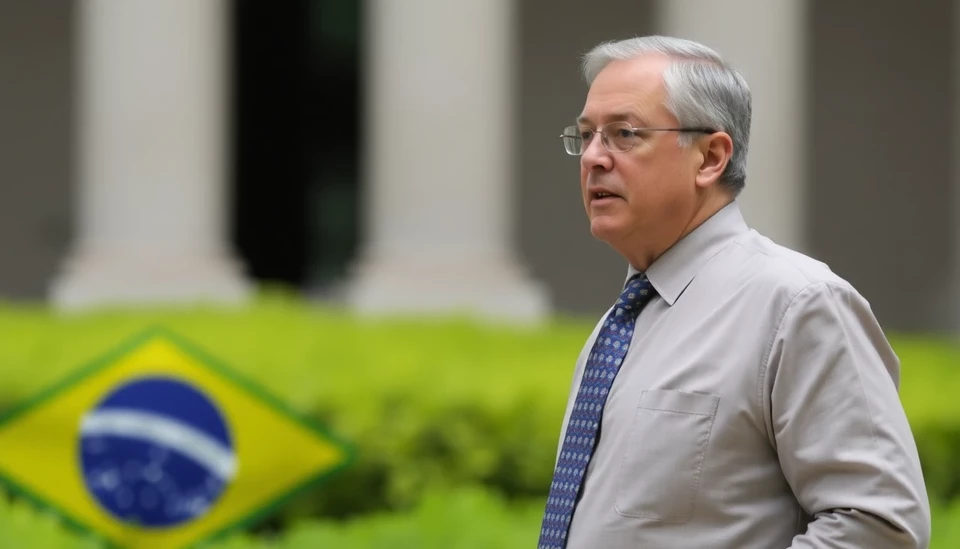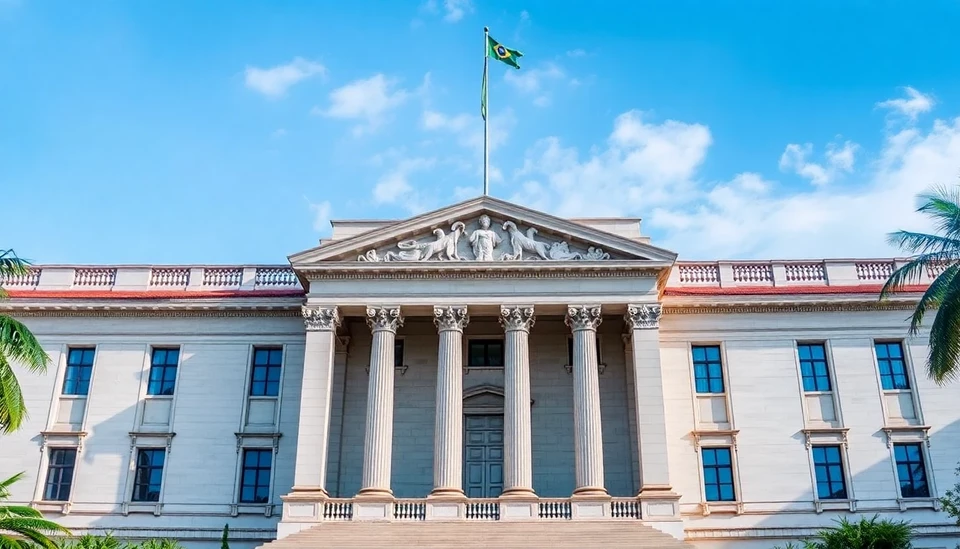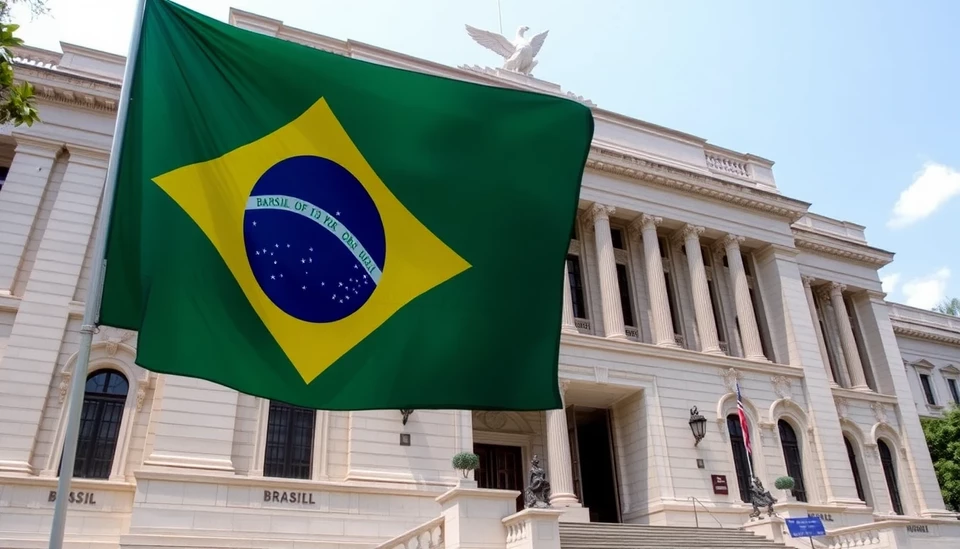
As the term of Brazil's Central Bank President, Roberto Campos Neto, comes to an end, the financial community is reflecting on his tenure during a challenging period for the nation's economy. Campos Neto, who has been at the helm for nearly four years, is credited with implementing significant monetary policies amidst ever-changing economic conditions. His leadership, however, has also faced criticism, particularly regarding inflation management and interest rate adjustments.
Under Campos Neto's direction, the Central Bank aggressively raised interest rates to combat soaring inflation, which had reached levels not seen in years. The policy aimed to stabilize the economy but sparked debates among economists and policymakers about the pace and effectiveness of these measures. Many feared that excessive tightening could hinder economic growth and increase public discontent, particularly as Brazil's recovery from the pandemic showed signs of strain.
The Brazilian economy was further complicated by external pressures, including geopolitical tensions and fluctuations in commodity prices. As Campos Neto prepares to leave office, many stakeholders are voicing concerns about the bank's future direction and how the new leadership will tackle the ongoing challenges.
Despite facing significant hurdles, Campos Neto's tenure is noted for fostering greater independence for the Central Bank, a crucial development for Brazil's financial stability. The autonomy from political influences has been emphasized by many as a positive outcome of his presidency, leading to a stronger institutional framework for monetary policy.
Looking forward, the selection of Campos Neto's successor will be critical for the Central Bank's strategy in managing inflation, interest rates, and economic growth. Market participants are closely monitoring potential candidates and how they might adopt or shift Campos Neto's existing policies. The next leader will need to strike a delicate balance between ensuring fiscal responsibility and bolstering economic recovery in a post-pandemic world.
As discussions intensify about who will take on this pivotal role, the implications for Brazil's monetary policy trajectory are profound, with both investors and the public anxiously awaiting clarity. Campos Neto’s legacy, undoubtedly, will be evaluated based on how well he navigated these turbulent waters and what foundation he leaves for his successor.
In conclusion, as the curtain draws on Campos Neto’s leadership, Brazil faces a moment of introspection about its economic direction. The path ahead will require astute decisions to navigate inflation pressures, interest rates, and the broader economic landscape that continues to evolve.
#BrazilCentralBank #RobertoCamposNeto #MonetaryPolicy #EconomicChallenges #InflationControl #InterestRates #BankLeadership
Author: Rachel Greene

